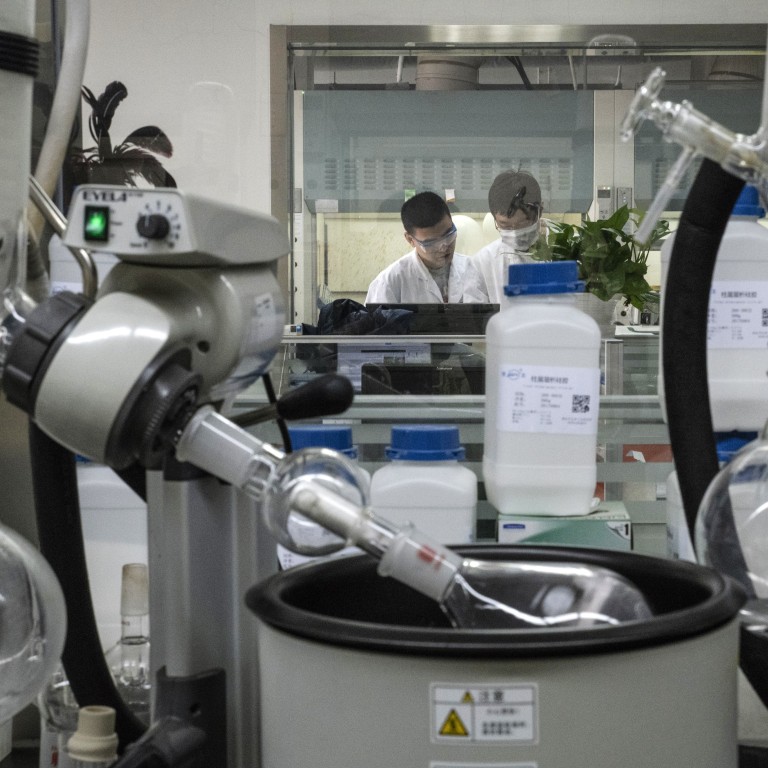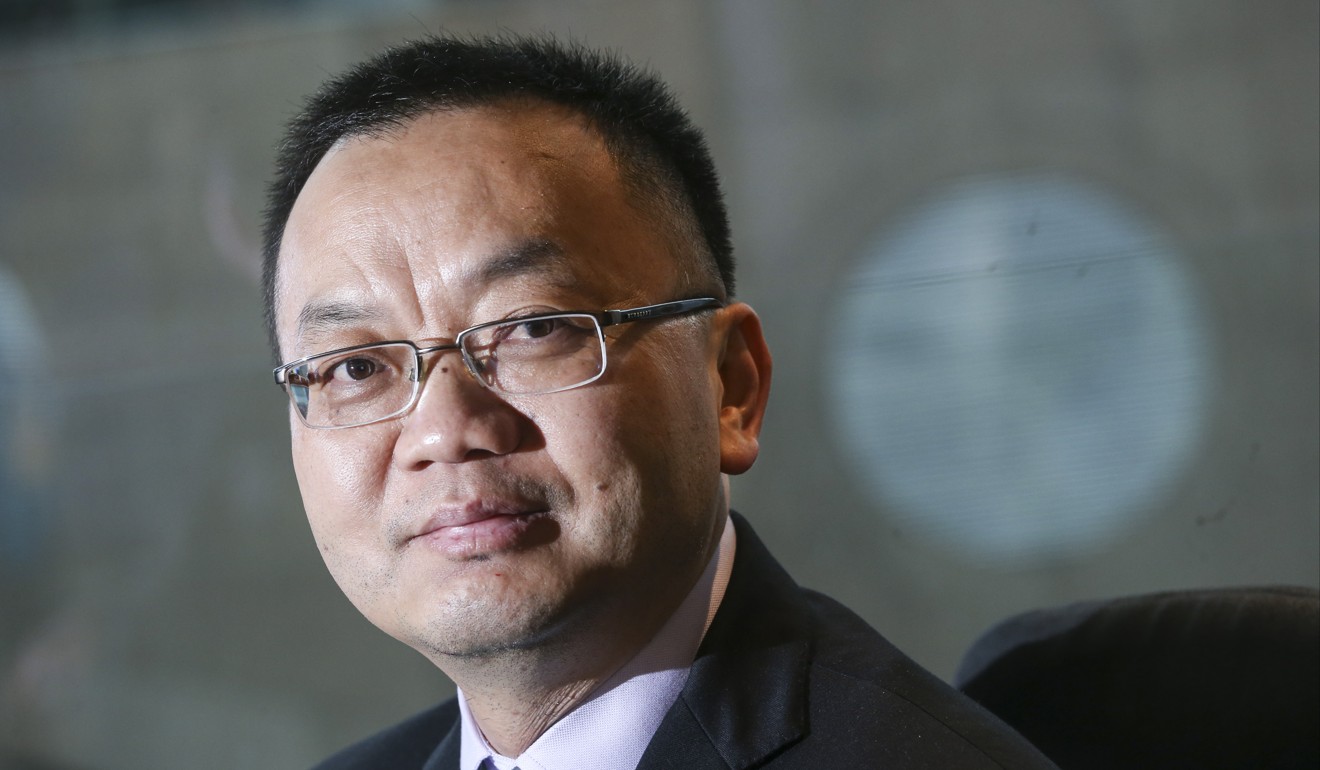
China needs 30 times its outsourcing capacity to meet demand created by drug pricing reform, says Wuxi Biologics boss
- Hong Kong-listed company posts a 150 per cent increase in net profit for last year
China will need 30 times its current outsourced manufacturing capacity for biological drugs, according to Chris Chen Zhisheng, chief executive of Wuxi Biologics, its largest drugs development and manufacture outsourcing company.
“Under the Chinese government’s recent drug pricing reform policies, aimed at driving generic drug makers to put more resources in innovative drugs development, outsourcing demand will rise,” Chen said on Tuesday. “China’s contract outsourcing market is only tiny partly because many drug developers insist on in-house manufacturing, which they consider part of their core competencies.”
The Wuxi, Jiangsu province-based company reported a 77.5 per cent jump in domestic revenue to 1.28 billion yuan late on Monday. Its domestic revenue made up 39 per cent of total revenue. North America sales, which accounted for half of total revenue, grew by 41.5 per cent.
The company, which listed in Hong Kong in mid-2017, posted a 150 per cent increase in net profit to 630.5 million yuan (US$93.9 million) for last year, while revenue grew by 56.6 per cent to 2.5 billion yuan.
Its profit is forecast to rise to 1 billion yuan this year and 1.58 billion yuan next year, based on the average forecast of five analysts polled by Bloomberg.

To meet demand, Wuxi Biologics has budgeted 4.4 billion yuan this year for new plant construction. It had 42,600 litres in total production capacity at the end of last year and plans to add 220,000 litres – mostly in Wuxi, Shijiazhuang in Hebei province and Ireland.
Raw materials, labour and facilities depreciation each accounts for about 20 per cent of its operating cost, leaving it a gross profit margin of 40 per cent. It imports more than 90 per cent of its raw materials, which it hopes to reduce to 70-80 per cent.
“We want to develop our domestic supply chain, much like [communications equipment giant] Huawei Technologies did,” said Chen.
Meet Wuxi Biologics, the contract drugs maker that believes it can help cure China’s scandal-hit vaccine market
Wuxi Biologics said it cornered 75.6 per cent of China’s outsourcing market last year, but only 3.2 per cent of the global market.
Late last year, Beijing launched pilots in 11 cities – to be rolled out countrywide gradually – for hospital generic drugs procurement to be done via bulk tenders. The winners will be allocated 60-70 per cent of purchase volumes, at prices 13 per cent to 96 per cent lower than before the reforms.
This is expected to make mass generic drugs manufacturing, the mainstay of China’s drug industry, less lucrative, forcing companies to invest in more profitable but riskier innovative drugs development. It will also create new demand for outsourced manufacturing.
Even if China were to attain the scale in outsourced manufacturing mentioned by Chen, it would only have a third of the capacity of Europe and the United States combined, according to him. He said China’s drug development industry could require outsourcing capacity of 3 million litres – as measured by bioreactors volume – compared with the 100,000 litres currently. The existing capacity of Europe and the US amounts to 8-10 million combined.

